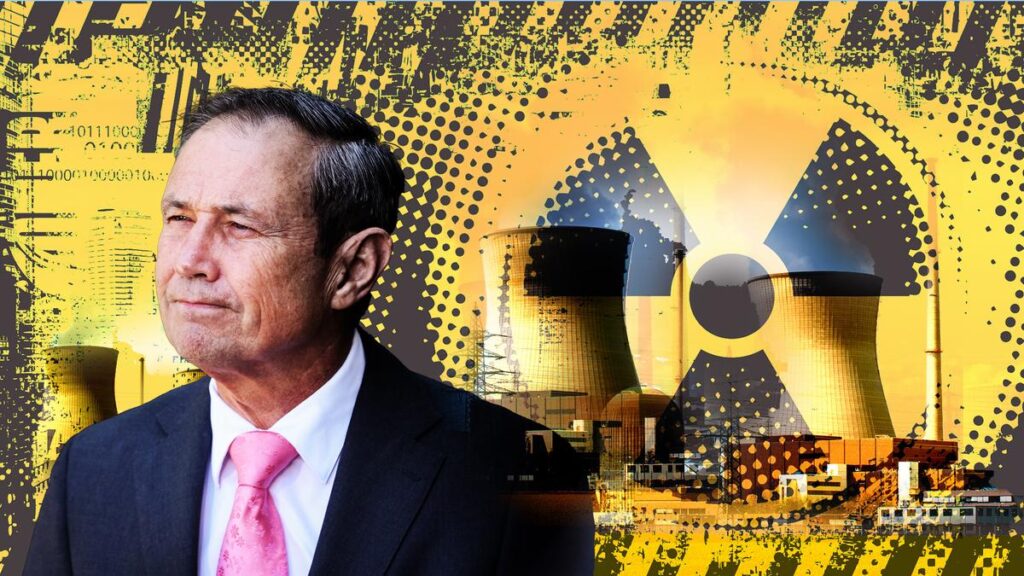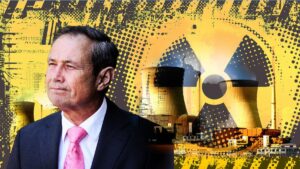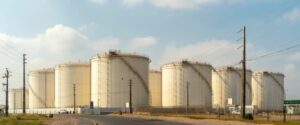
Cook Government not promoting Uranium Mining llustration: Don Lindsay
The potential for Western Australia’s uranium sector to contribute significantly to the global energy market is currently untapped, according to Simon Corrigan. In light of Premier Roger Cook‘s recent efforts to promote WA’s resources in Asia, Corrigan emphasizes the importance of also advocating for uranium, which could play a crucial role in meeting international energy needs.
While Cook’s promotion of liquefied natural gas (LNG) and carbon capture technology is commendable, it highlights the absence of a focus on uranium. Corrigan, who is not affiliated with any uranium clients through his consulting business, believes that WA’s uranium sector could become globally significant, given the right policy changes.
He points out that stringent international safeguards and requirements set by the International Atomic Energy Agency have historically ensured that Australian uranium is used solely for energy purposes. WA would adhere to these same regulations. The debate surrounding nuclear energy in Australia should not deter progress in uranium mining, which remains a viable option for many countries lacking natural resources.
Countries such as France, which operates 57 nuclear reactors providing approximately 67 percent of its electricity, demonstrate the viability of nuclear energy. Other nations, including Belgium, Sweden, and South Korea, also rely heavily on nuclear power to meet their energy demands. Even the United States, rich in natural gas, generates nearly 20 percent of its power from nuclear sources.
The current ban on uranium mining in WA, reinstated after the 2017 election, is viewed as a significant barrier. This prohibition not only frustrates those invested in the uranium sector but also represents a substantial missed opportunity for economic diversification. The Chamber of Commerce and Industry of WA estimates that a uranium industry could generate up to 9,000 jobs and contribute $1 billion annually to the state’s economy.
WA’s reputation as a premier mining destination is well established, yet the growing global competition and fluctuations in commodity markets necessitate the exploration of new opportunities. Corrigan argues for leveraging WA’s uranium resources to meet the energy needs of countries that lack alternatives.
He recalls his experience as Head of Corporate Affairs at BHP’s Olympic Dam, where he witnessed the positive impacts of uranium projects on local communities. Such success stories from South Australia raise the question: why not replicate this in WA?
Encouragingly, Premier Cook has hinted at the possibility of revisiting uranium mining in his public comments. For those advocating for the sector, any acknowledgment of the potential for uranium mining feels like a step forward. The pathway to revitalizing this industry may not even require legislative changes; a simple policy shift from Cook could pave the way for a uranium sector in WA by the end of the decade.
Corrigan suggests that Premier Cook could maintain his current messaging by framing WA’s uranium exports as part of a global solution for emissions reduction, similar to his approach with LNG. The potential for economic and environmental benefits underscores the need for a strategic re-evaluation of uranium mining in Western Australia.
As the conversation around energy solutions continues to evolve, the time may be ripe for WA to reconsider its position on uranium and unlock the substantial benefits it could provide.






